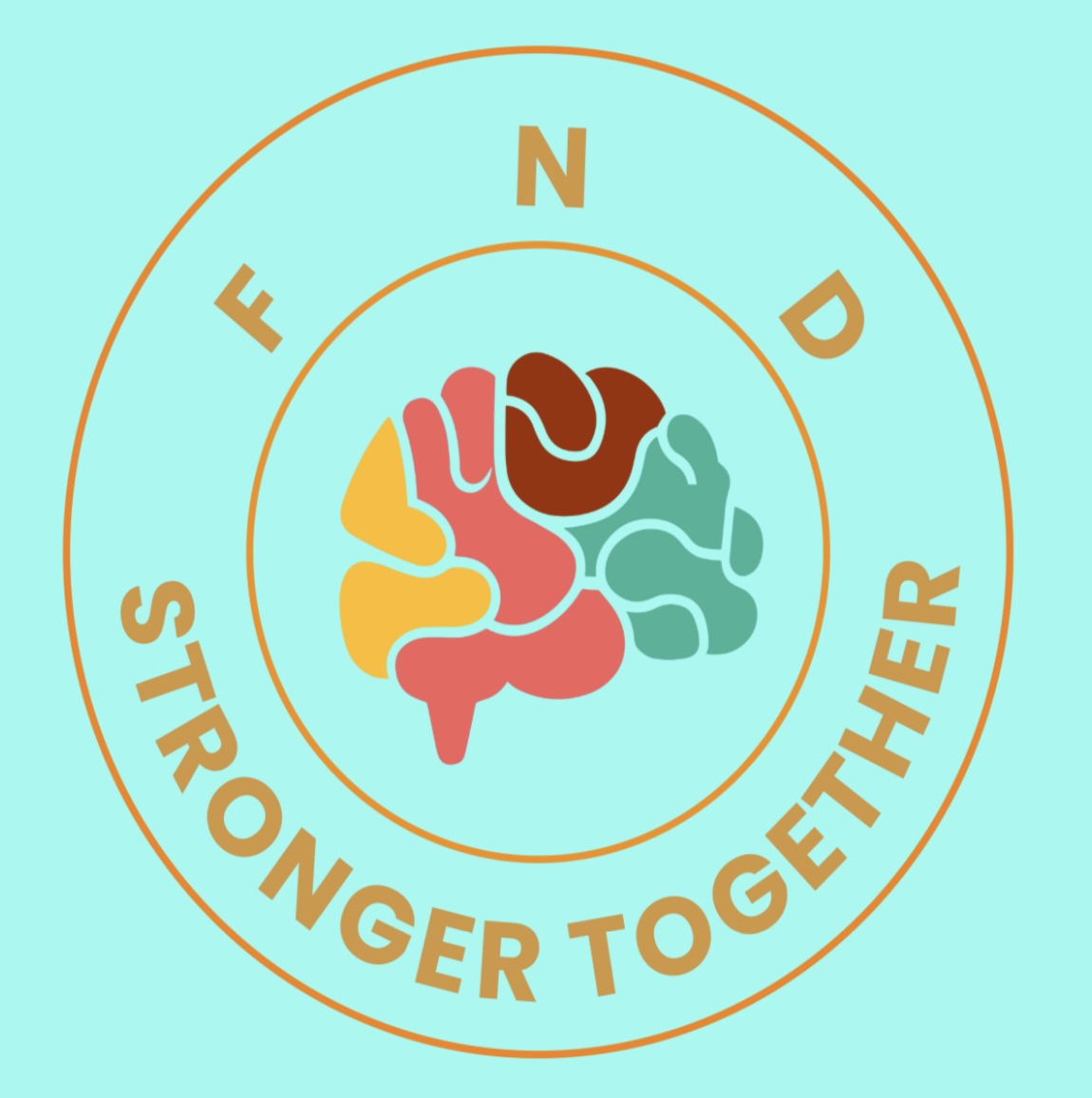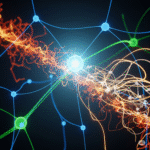
FND (Functional Neurological Disorder) Symptoms
Functional Neurological Disorder (FND) is a condition in which patients experience neurological symptoms that cannot be explained by traditional neurological diseases or structural brain abnormalities.
These symptoms are varied and frequently mimic those of other neurological disorders. The manifestation of FND differs greatly, with some individuals experiencing only a few symptoms while others face numerous challenges.

Movement and Motor Symptoms
A functional movement disorder occurs when abnormal movements or postures arise because the nervous system is not functioning correctly, without an underlying neurological disease.
Individuals with FND may experience a single type of movement issue or multiple different movement problems.
Functional Limb Weakness
Functional limb weakness is when a leg and/or arm do not work properly. In FND, this happens because the nervous system is not working correctly. Symptoms can include:-
- Problems walking
- dropping things
- Feeling that a limb does not belong to you
- heaviness on one side
Read more: – https://neurosymptoms.org/en/symptoms/fnd-symptoms/functional-limb-weakness/

Functional Tremor
Tremor is the involuntary shaking of a part of the body, most commonly affecting the arms and legs.
Functional tremor can fluctuate throughout the day, varying in both speed and intensity.
A specialist will diagnose functional dystonia by carefully examining you and evaluating the distinctive characteristics of your symptoms.
Read more:–https://neurosymptoms.org/en/symptoms/fnd-symptoms/functional-tremor/
Functional dystonia
Functional dystonia is a type of muscle spasm that causes a part of the body to become stuck in an abnormal position. This can last for a short period or persist for a longer time.
Individuals with functional dystonia often exhibit symptoms such as curled fingers, a clenched hand, or an inward-turning ankle.
Read more:- https://neurosymptoms.org/en/symptoms/fnd-symptoms/functional-dystonia/
Functional Gait Disorder
When walking difficulties arise as a symptom of FND, the condition is referred to as Functional Gait Disorder.
You might notice your leg dragging, feel unsteady while walking, or make exaggerated movements as you walk.
Functional Gait Disorder is diagnosed by a specialist through careful analysis of clinical features, including changes in your walking pattern during various activities.
Read more:-https://neurosymptoms.org/en/symptoms/fnd-symptoms/functional-gait-disorder/
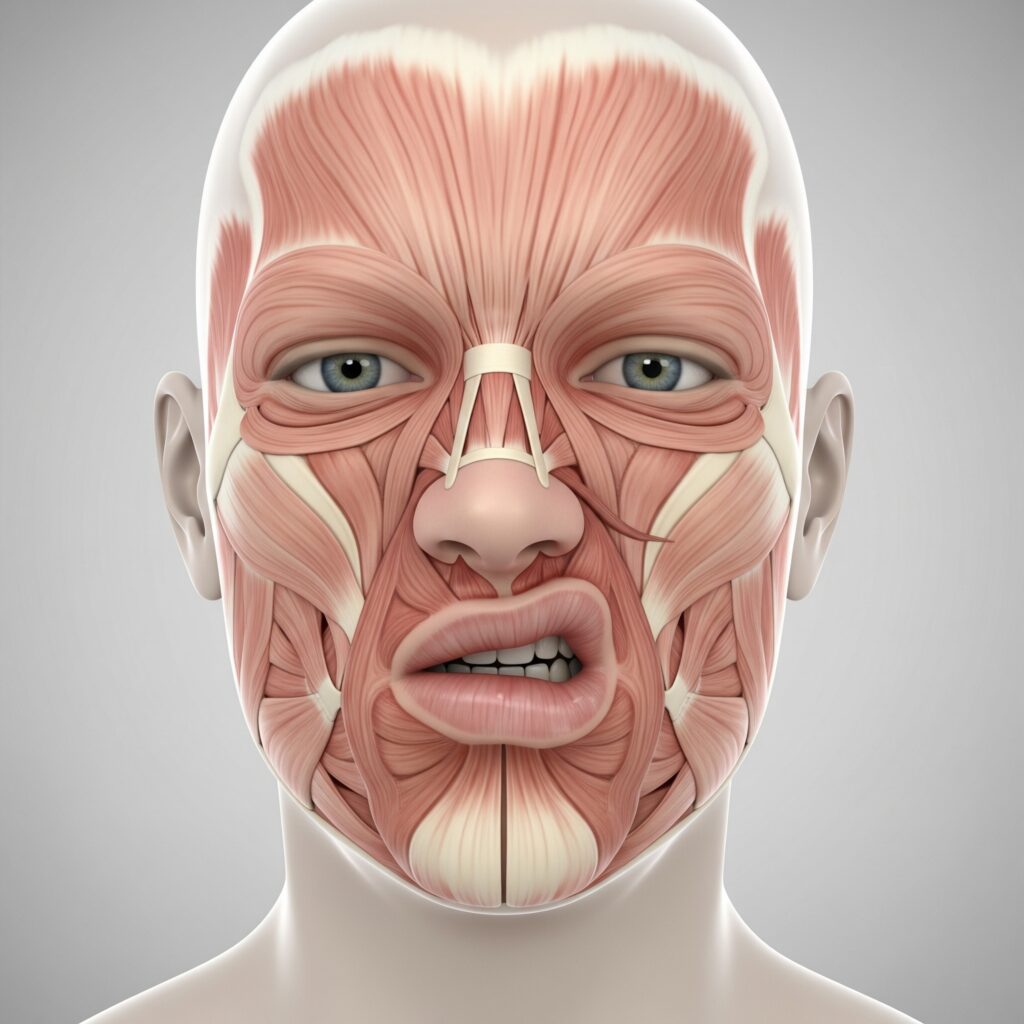
Functional Facial Spasm
Functional facial spasm involves involuntary muscle contractions in the face. These spasms can cause issues like one eye narrowing or closing, or pulling of the mouth or jaw. The mouth or jaw may move up, down, or sideways, causing discomfort and trouble with expressions. This condition can impact daily life and appearance.
Read more:- https://neurosymptoms.org/en/symptoms/fnd-symptoms/functional-facial-symptoms/
Functional Tics
A tic is a quick, repetitive movement or sound that occurs suddenly. Functional tics may be a symptom of Functional Neurological Disorder.
Functional tics can closely mimic the tics seen in Tourette syndrome. It is common for individuals to experience both functional tics and Tourette’s syndrome simultaneously.
Read more:-https://neurosymptoms.org/en/symptoms/fnd-symptoms/functional-tics/
Functional Jerks and twitches (Myoclonus)
Jerks and twitches refer to sudden, involuntary movements of the body.
Everyone occasionally experiences sudden jerks, such as the jolt you feel when waking abruptly as you fall asleep. In Functional Neurological Disorder, these involuntary jerks and twitches happen more frequently and intensely.
Read more:- https://neurosymptoms.org/en/symptoms/fnd-symptoms/functional-jerks-and-twitches/
Functional drop attacks
Functional drop attacks occur when a person suddenly collapses to the ground without losing consciousness.
Read more:- https://neurosymptoms.org/en/symptoms/fnd-symptoms/functional-drop-attacks/
Functional speech and swallowing difficulties
A symptom of Functional Neurological Disorder is Functional speech and swallowing difficulties.
You might experience:
- Trouble to find the right word
- whispering or hoarse speech (dysphonia)
- Slurred speech
- a new stutter
- unintentionally mixing words up
- find it difficult to swallow, including feeling something being stuck in your throat.
Read more:- https://neurosymptoms.org/en/symptoms/fnd-symptoms/functional-speech-swallowing-symptoms/
Bladder symptoms
A symptom of Functional Neurological Disorder includes experiencing bladder issues alongside other functional symptoms, particularly back pain.
You might experience
- Urinary Frequent i.e going to the toilet ofter
- Urinary urgency i.e having to rush to get to the toilet
- accidents that occur occasionally.
- Voiding dysfunction (having trouble to start peeing or not being able to pee)
Read more:- https://neurosymptoms.org/en/symptoms/fnd-symptoms/bladder-symptoms-and-fnd/

Functional seizures
Functional (Dissociative) Seizures
A Functional (dissociative) seizure is an episode where someone loses their awareness of, or their ability to interact with, their surroundings. It can appear to resemble an epileptic seizure or faint. Symptoms can appear as:-
- Suddenly going motionless and unresponsive
- Staring without response to their surroundings
- uncontrolled shaking
Read more:- https://neurosymptoms.org/en/symptoms/fnd-symptoms/functional-dissociative-seizures/
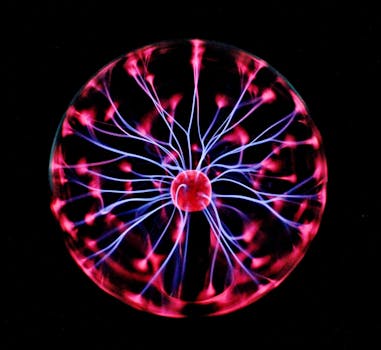
Sensory symptoms
Functional sensory symptoms
Symptoms of Functional Neurological Disorder can include numbness, tingling sensations (Pins and needles), or a feeling that a limb does not belong to your body.
Read more:- https://neurosymptoms.org/en/symptoms/fnd-symptoms/functional-sensory-symptoms/
Persistent postural perceptual dizziness (PPPD)
PPPD (can be sometimes called functional dizziness, triple PD or 3PD) can be a symptom of Functional Neurological Disorder.
The dizziness in PPPD is typically experienced constantly, and gets worse while walking or in crowded environments.
There are numerous causes of dizziness and people with PPPD also have another cause of dizziness at the same time.
Read more:- https://neurosymptoms.org/en/symptoms/fnd-symptoms/functional-dizziness-pppd/
Functional visual symptoms
A symptom of Functional Neurological Disorder can be visual symptoms.
You may experience change in your vision, like
- reduced vision
- blurred vision
- double vision
- photophobia (sensitivity to light)
Read more:- https://neurosymptoms.org/en/symptoms/fnd-symptoms/visuals-symptoms/
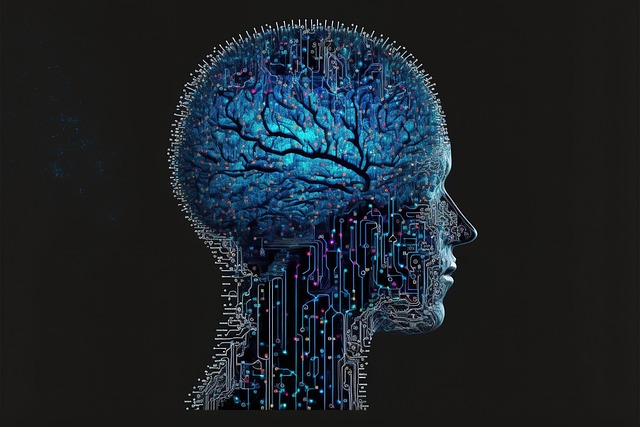
Cognitive Symptoms
Functional cognitive symptoms
A symptom of Functional Neurological Disorder is problems with your memory or concentration.
You could find that you:-
- go blank, for example when trying to remember your pin number
- lose track during conversations
- lose track while doing things, for example forgetting why you entered a room
- forget words
- misplace important things, like your phone, or keys.
It is important to note that experiencing these symptoms occasionally is quite normal. However, when functional cognitive symptoms occur frequently, they can significantly interfere with daily life.
Read more:- https://neurosymptoms.org/en/symptoms/fnd-symptoms/functional-cognitive-symptoms/
Continue the Journey of FND Awareness
Explore the first important details of Functional Neurological Disorder (FND)
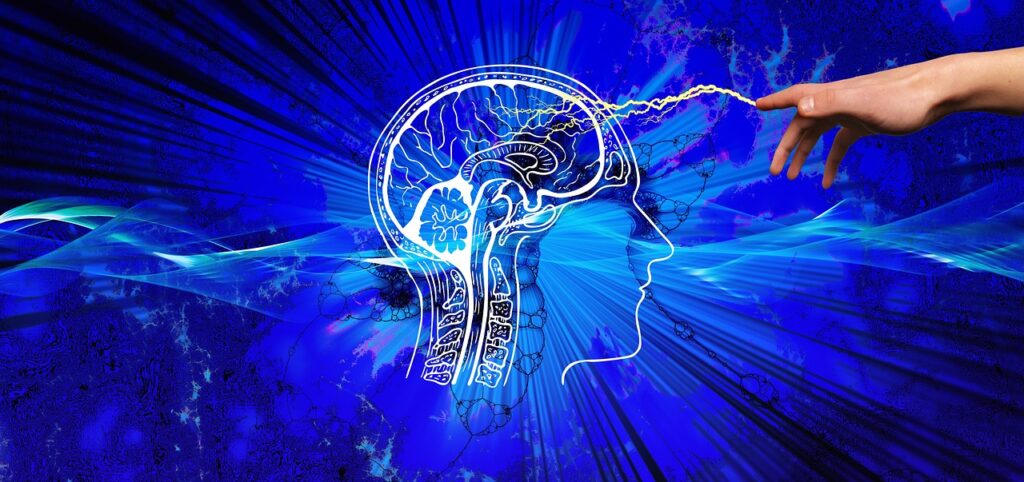
What is FND?
Discover why FND is often described as a software ‘Bug’
‘

Causes and Diagnoses
Discover what causes FND and how FND is diagnosed

Associated Symptoms
Discover which other symptoms are often associated with FND
